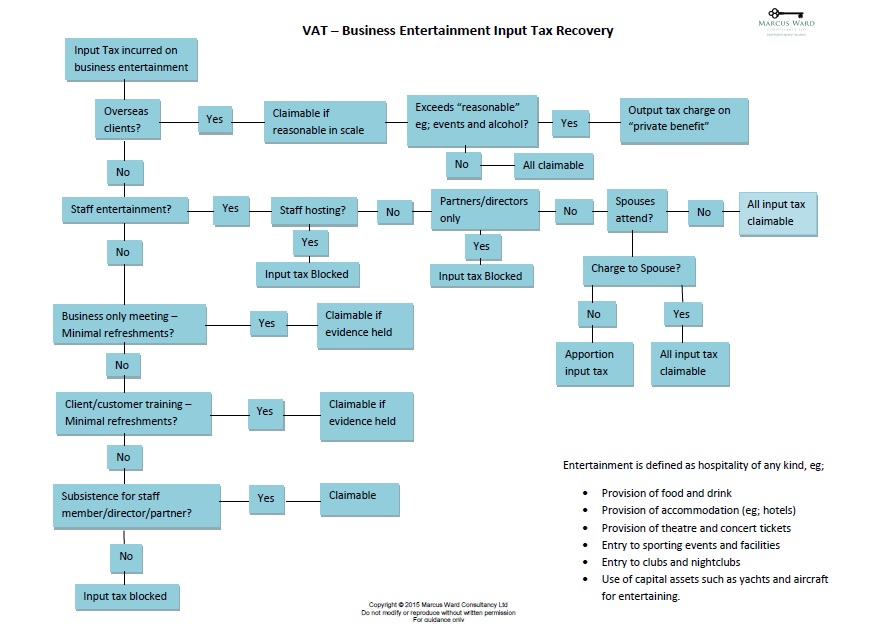The EC is has begun an investigation into whether VAT should apply to crowdfunding activities.
An alternative is for the Commission to consider whether crowdfunding should be covered by the exemption for financial services. In my view this seems unlikely.
So what could the outcome be if VAT is applicable to crowdfunding? Well, a large number of UK projects will face a 20% VAT liability on investor returns. This is especially relevant to the popular “rewards crowdfunding”, where payments by investors are made in return for products or services to be developed as a result of the fundraising. These rewards projects may include; films, albums, or software development, which are offered “free” or at a reduced rate. It would appear that in these cases, consideration is flowing in both directions.
The Commission may also decide that crowdfunding intermediary services offered by many platforms will become liable to VAT.
The current position is that the Commission has now referred the question of crowdfunding to the EU VAT Committee.
More on this subject as soon as we have it.

